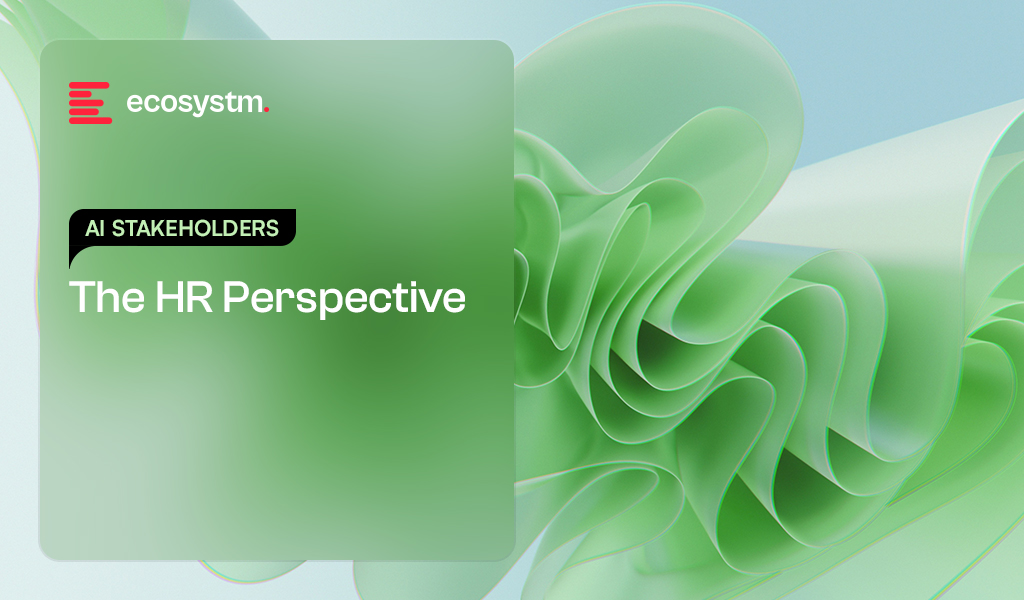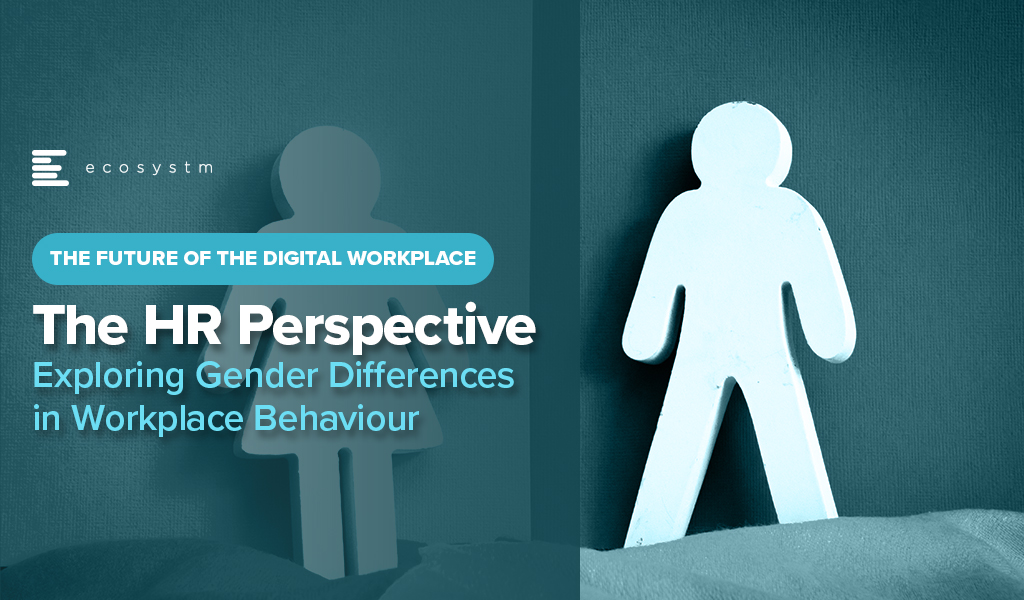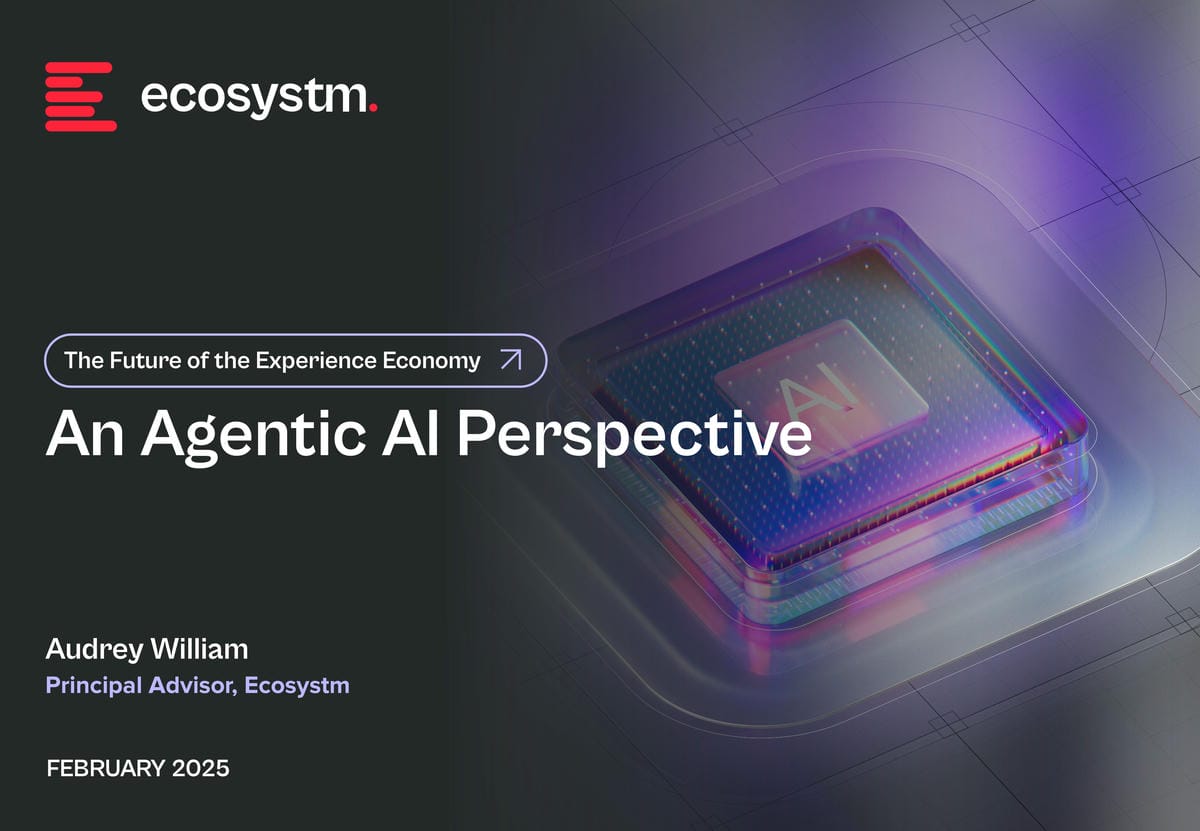
AI has broken free from the IT department. It’s no longer a futuristic concept but a present-day reality transforming every facet of business. Departments across the enterprise are now empowered to harness AI directly, fuelling innovation and efficiency without waiting for IT’s stamp of approval. The result? A more agile, data-driven organisation where AI unlocks value and drives competitive advantage.
Ecosystm’s research over the past two years, including surveys and in-depth conversations with business and technology leaders, confirms this trend: AI is the dominant theme. And while the potential is clear, the journey is just beginning.
Here are key AI insights for HR Leaders from our research.
Click here to download “AI Stakeholders: The HR Perspective” as a PDF.
HR: Leading the Charge (or Should Be)
Our research reveals a fascinating dynamic in HR. While 54% of HR leaders currently use AI for recruitment (scanning resumes, etc.), their vision extends far beyond. A striking majority plan to expand AI’s reach into crucial areas: 74% for workforce planning, 68% for talent development and training, and 62% for streamlining employee onboarding.
The impact is tangible, with organisations already seeing significant benefits. GenAI has streamlined presentation creation for bank employees, allowing them to focus on content rather than formatting and improving efficiency. Integrating GenAI into knowledge bases has simplified access to internal information, making it quicker and easier for employees to find answers. AI-driven recruitment screening is accelerating hiring in the insurance sector by analysing resumes and applications to identify top candidates efficiently. Meanwhile, AI-powered workforce management systems are transforming field worker management by optimising job assignments, enabling real-time tracking, and ensuring quick responses to changes.
The Roadblocks and the Opportunity
Despite this promising outlook, HR leaders face significant hurdles. Limited exploration of use cases, the absence of a unified organisational AI strategy, and ethical concerns are among the key barriers to wider AI deployments.
Perhaps most concerning is the limited role HR plays in shaping AI strategy. While 57% of tech and business leaders cite increased productivity as the main driver for AI investments, HR’s influence is surprisingly weak. Only 20% of HR leaders define AI use cases, manage implementation, or are involved in governance and ownership. A mere 8% primarily manage AI solutions.
This disconnect represents a massive opportunity.
2025 and Beyond: A Call to Action for HR
Despite these challenges, our research indicates HR leaders are prioritising AI for 2025. Increased productivity is the top expected outcome, while three in ten will focus on identifying better HR use cases as part of a broader data-centric approach.
The message is clear: HR needs to step up and claim its seat at the AI table. By proactively defining use cases, championing ethical considerations, and collaborating closely with tech teams, HR can transform itself into a strategic driver of AI adoption, unlocking the full potential of this transformative technology for the entire organisation. The future of HR is intelligent, and it’s time for HR leaders to embrace it.















